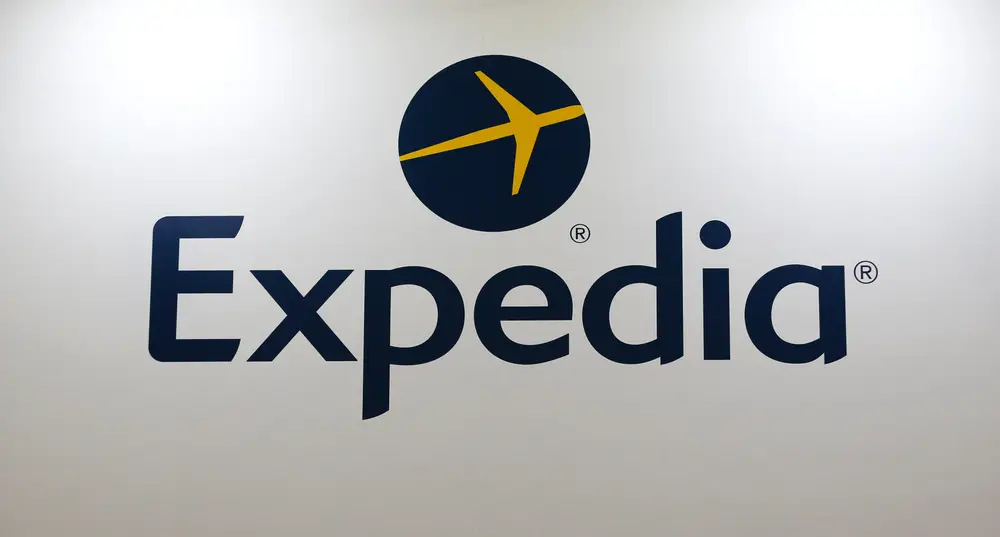Expedia’s personalized recommendation system aims to help customers choose the best places to visit on their next vacation. Using artificial intelligence, travel website Expedia hopes to get users to begin their trip searches on the site rather than referring them to a third-party search engine.
A few client service features and the ability for property owners to describe their houses and hotels are already powered by Expedia’s AI. The business is keeping its fingers crossed that AI will one day allow it to direct more customers to its site by suggesting vacation spots based on past trips. Although the company is still in the early phases of this plan, it is intended to change the power balance on the web in the long run.
According to Rajesh Naidu, Expedia’s chief architect and head of data management, “The goal is to get users started on their trips in one location.” With its extensive database of “flight and hotel” details and customer feedback, Expedia intends to generate travel suggestions. According to an interview with The Verge conducted by Naidu, “By being able to train large language models on our data, this rich 70 petabytes’ worth of data we’ve gathered over the years, we can eventually recommend places to go and stay and do and continue to refine and personalize that,”

Naidu says people typically begin their trip-planning process by searching for potential locations online. They wait until then before booking their travel and lodging through services like Expedia. Searching Google for “best vacation that isn’t cold and not that far from New York” isn’t necessarily a bad thing, but according to Naidu, there’s room for improvement when it comes to making vacation planning even easier.
When praising the usefulness of AI assistants, proponents of the technology often cite travel as an example. Picture this: you need to reserve a flight, and the AI takes care of it. You tell it when and which airline you want, and it’s taken care of. The proposal put forth by Expedia seems to be a compromise. While AI isn’t quite ready to book everything for customers just yet, the aim is to encourage centralized travel planning, similar to the prevalent practice before online booking that eliminated the need for travel agents. In the US v. Google antitrust trial, Expedia’s former CFO Jeff Hurst stated that the travel site’s traffic did not rise following Google’s inclusion of flights and hotels in search results. However, Expedia paid more for ad space. The search engine behemoth has had a rocky history with vertical search engines, which are websites that focus on looking for information about a specific topic, such as travel or restaurant reviews. The more Expedia can bypass Google as a middleman, the more money it will be able to pocket.

Although Expedia does not offer all-in-one personalized trip planning, it has been using algorithms based on machine learning to monitor airfare and locate hotels for some time. After announcing a customer service chatbot plug-in powered by ChatGPT in April 2020, the company released a “Virtual Assistant tool” in March 2020 to assist customers with post-booking inquiries like refunds and confirmation of stay dates. Additionally, the business is in charge of the vacation rental platform Vrbo, which employs AI to assess the quality of photographs and assist with writing descriptions of owners’ houses. In November, Airbnb acquired Gameplanner.AI, an AI-powered trip-planning startup, joining other travel companies that have invested in AI.





